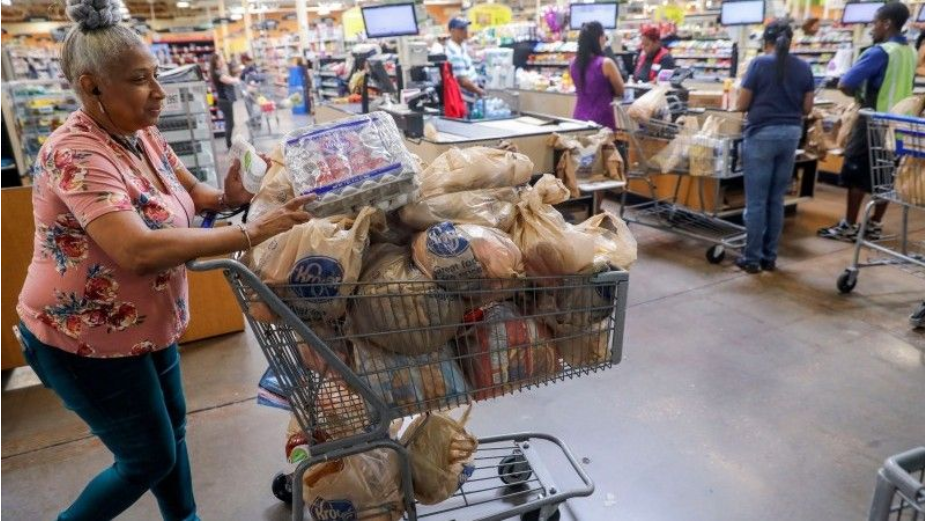Forbruget faldt dramatisk i Holland i første kvartal som følge af lockdown, og det indikerer forbrugsudviklingen i hele Europa. Det faldt med 13 pct. I påsken faldt det med 22 pct. For hele året ventes et fald på 5 pct., dobbelt så meget som under finanskrisen. Men der har været enorme forskelle i forbruget, eftersom mange detailvirksomheder har været helt lukket ned.
Uddrag fra ABN Amro:
Consumers in the coronavirus era
- Intelligent lockdown pushes y-o-y consumption 13% lower
- Supermarkets and local speciality stores cashing in
- Businesses digitising sales and consumers ordering more online
- Difference between weekend and workday spending disappears
- Durable goods purchases brought forward
- Easter weekend tells the lockdown tale: consumption 22% down
- Second round effects depress economy in 2021
- All in all, consumption hit harder than in the financial crisis…
- … we foresee 5% y-o-y contraction for 2020
- Strong procyclical consumption patterns put drag on recovery after the expected recession in 2020
Unprecedented consumption shock
As described in our baseline scenario (see: Global Monthly) we expect gross domestic product (GDP) to contract by about 4%. The main catalyst of this recession is the sharp slump in private consumption, which represents about 45% of total gross domestic product (GDP). In this publication we look at the extent to which the coronavirus is impacting on consumption and the hardest-hit spending categories.[1]
Consumer spending is falling sharply, and that’s no surprise. Scores of shops and hospitality establishments have been obliged to close and tourist travel and daytripping is off the agenda. To measure the exact decline in consumer spending, we have used internal real-time transaction data and a CBS (Statistics Netherlands) dataset [2] to estimate the direct impact of the coronavirus on spending.
Our assumption is that the intelligent lockdown will last two months (from 12 March to 12 May) before being phased out in steps. Due to the two-month lockdown, consumption will drop 4.75% y-o-y in 2020, with the step-by-step lifting of the measures shaving a further 0.25% off. In this scenario, therefore, consumption will shrink at an unprecedented rate of about 5% y-o-y. For comparison, the decline at the low point of the financial crisis in 2009 was about 2%.

Easter weekend tells lockdown tale: consumption 22% down
Easter weekend[3], usually a time for day trips, eating out and family gatherings, fell right in the middle of the lockdown period. That is clearly reflected in the figures. This year round, consumption over the Easter weekend was 22% lower than last year. The biggest decline occurred in the following spending categories: health (-80%), other goods
(-90%) and home, garden and interior (-60%). The fall in the health category is remarkable, given that precisely this category enjoyed a relatively strong increase in spending during the lockdown period. Evidently, consumers spent less on personal care because they were staying at home over the Easter weekend. Another category that witnessed a severe decrease was “other goods”, with department stores particularly hard hit compared to last year. In the run-up to Easter, department stores usually do a roaring trade in gift items and confectionery. This year, however, most department stores were closed, so this revenue totally evaporated, causing a sharp drop in “other goods”
The intelligent lockdown is sinking into the consumer mindset
Our data show that consumer spending has declined by an average of some 13% y-o-y since the government unveiled its measures on 12 March. This average omits the ‘panic-buying’ day of 13 March. Several interesting trends emerge from the consumer spending data.











